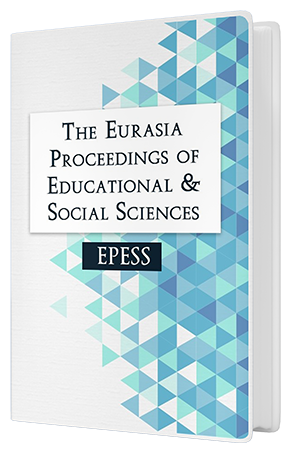ASSESSING THE CLIMATE FOR CREATIVITY IN MATHEMATIC'S LESSONS
Keywords:
Creativity in mathematics, mathematics education, classroom climate for creativityAbstract
In relationships established at school, it creates an psychological climate in this environment that can both promote the development of the creative potential of individuals, as may hinder it. However, in the literature consulted, lacks empirical studies that address the constituent factors of the classroom climate for creativity in mathematics and there are no validated instruments to measure statistically this climate. This article describes an empirical-analytic study realized with 324 students from public and private schools in the age range from 9 to 14 years devoted to understanding the factors present in the formation of the classroom climate for creativity in mathematic's lessons. Shows the Scale of Climate for Creativity in Mathematics lessons, instrument resulting from this study that serves as a tool for teachers, managers, researchers and students can assess strengths and weaknesses involved in the constitution of the favorable climate to creativity in mathematic's lessons.Downloads
Published
Issue
Section
License
Copyright (c) 2014 The Eurasia Proceedings of Educational and Social Sciences

This work is licensed under a Creative Commons Attribution-NonCommercial-ShareAlike 4.0 International License.
The articles may be used for research, teaching, and private study purposes. Any substantial or systematic reproduction, redistribution, reselling, loan, sub-licensing, systematic supply, or distribution in any form to anyone is expressly forbidden. Authors alone are responsible for the contents of their articles. The journal owns the copyright of the articles. The publisher shall not be liable for any loss, actions, claims, proceedings, demand, or costs or damages whatsoever or howsoever caused arising directly or indirectly in connection with or arising out of the use of the research material. All authors are requested to disclose any actual or potential conflict of interest including any financial, personal or other relationships with other people or organizations regarding the submitted work.




